Communities In Focus

Houston
A Democratic enclave in a Republican state, Houston’s diverse and progressive nature offers valuable insights into the Deep South’s potential future. Houston has one of the largest and fastest growing Latinx populations in the country, comprising 43.9 percent of the city’s population, and up from 36.4 percent in 2014.
Houston’s location on the Gulf of Mexico and dependence on the energy industry present challenges. Climate change will threaten low-lying areas with flooding and the city at-large with stronger hurricanes, such as Hurricane Harvey in 2017. Houston will need to adapt by creating resilient infrastructure and affordable housing.
This month in Houston
Last updated: November 9, 2020
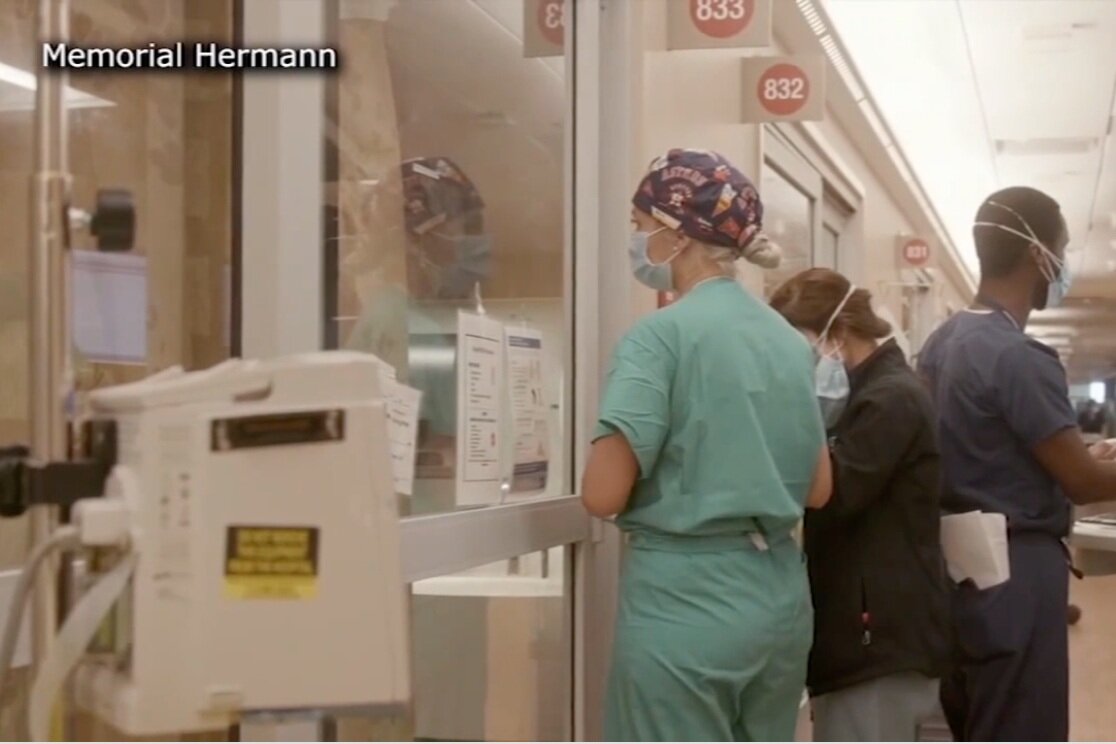
Houston's top doctors warn of third COVID-19 peak
Knowledgeable health officials in Houston believe a third wave of Covid-19 is inevitable. They are concerned about people not following COVID protocols and traveling around the holidays. Controlling the public is currently a challenge.
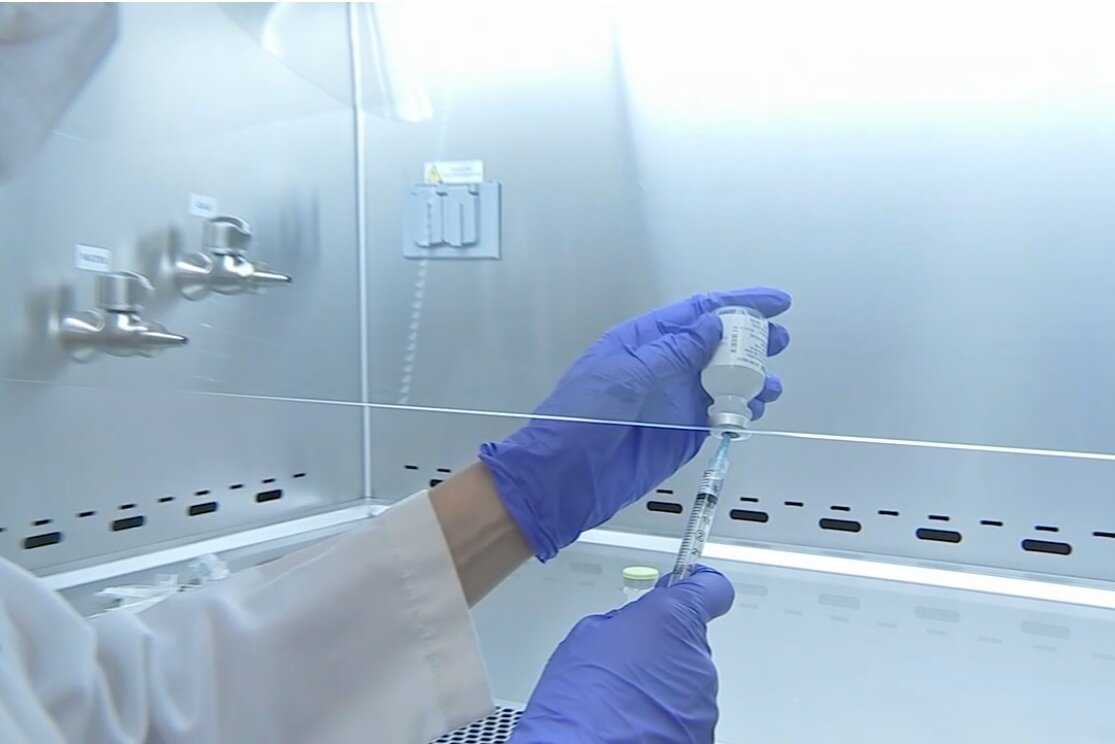
Hospitals in Houston See increase in COVID-19 hospitalizations
The existing healthcare infrastructure in Houston was not equipped to deal with the large number of coronavirus cases in July. The hospitals worry that they may face these challenges again due to the growing number of COVID-19 hospitalizations
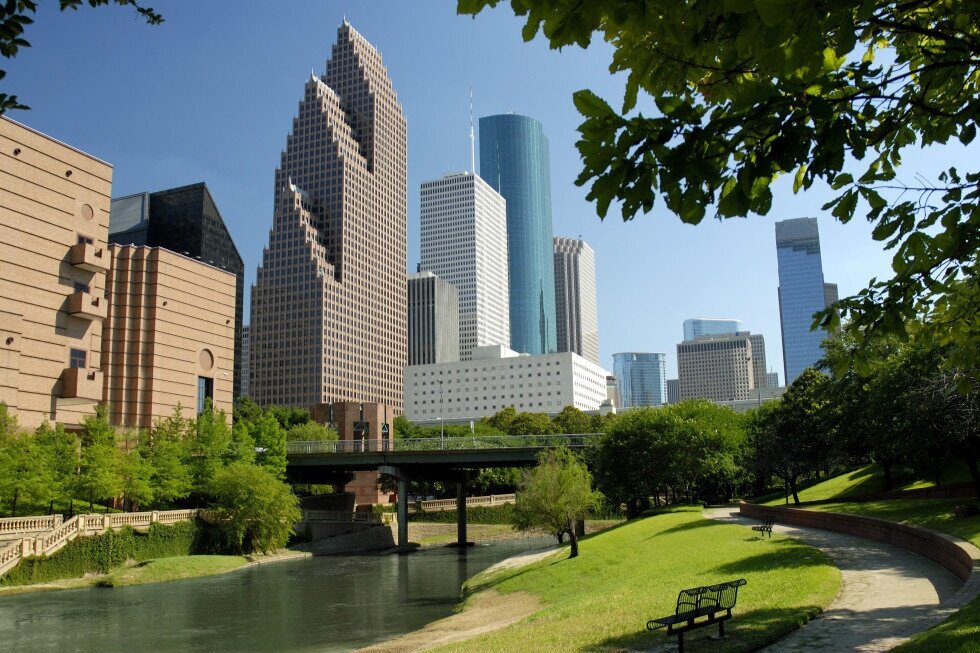
Houston ranks No. 3 on list of cities with the most people in financial distress amid COVID-19
Houston ranks number 3 in regards to people struggling with financial problems. Measurements include credit scores, bankruptcies, and more. The pandemic has compounded these existing problems. Two major industries, oil and hospitality are experiencing issues right now.
Neighborhood Spotlight
Established after the end of the Civil War and settled mostly by formerly enslaved people, the Fifth Ward is a historically Black neighborhood near the center of Houston.
According to the Kinder Institute, the neighborhood has undergone rapid gentrification since the turn of the century. Between 2000 and 2016, the Black population decreased from 63 to 51 percent, while the share of Latinx and white residents increased by 10 and 3 percent, respectively. Low-income Black residents will likely continue to be displaced.
Houston Race Map
Swipe right to view 2010 map, swipe left to view 2018 map

At the center of conversation is the redevelopment of St. Elizabeth Hospital, which closed in the 1980s. The Fifth Ward Community Redevelopment Corporation bought the building in 2016 and has since proposed filling the hospital with 179 units of mixed-income residential housing, 92 of which will be reserved for low-income households. Some residents have applauded the $53 million redevelopment plan’s efforts to provide housing for low-income families, but others are concerned that the project will contribute to further gentrification.
Government
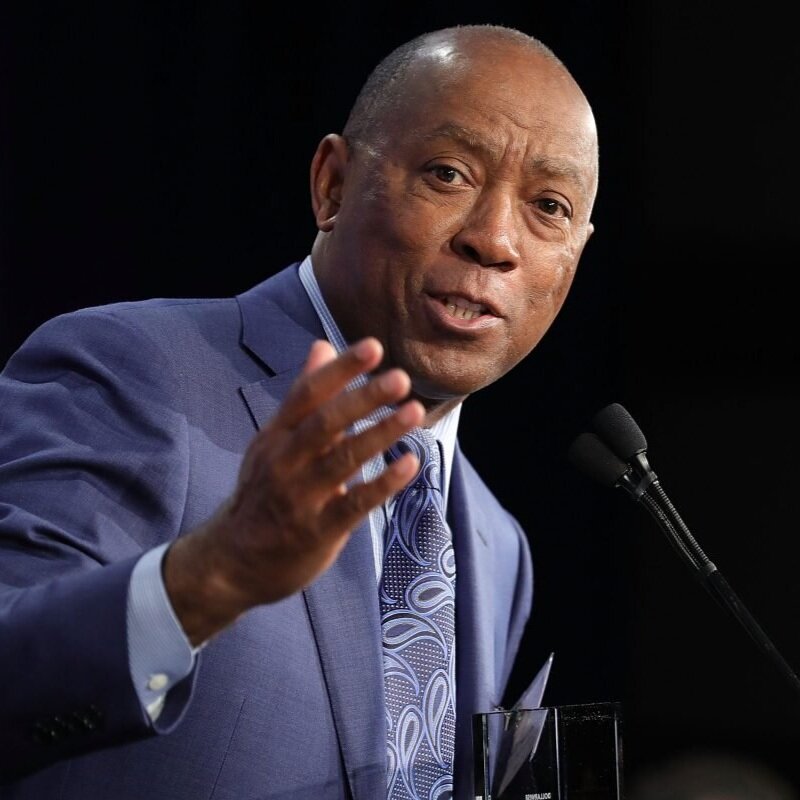
MAYOR Sylvester Turner
Sylvester Turner was elected mayor in December 2015 and reelected in December 2019 with 56 percent of the vote. Turner is term limited and will not run again in 2023.
The scandal over Proposition B in 2019, which led the city to lay off firefighters, spurred Republican opposition against Mayor Turner in the last election.
2021 City Budget
Due to COVID-19 and a sharp decline in oil prices, Houston faced a $169 million budget crisis in 2020, the largest in recent history. City Council unanimously passed Mayor Turner’s revised $5.1 billion budget which increased spending for the Houston Police Department, despite widespread calls from Houstonians to defund the department.
Economics
Known as the “energy capital of the world,” Houston’s energy industry accounted for 39.7 percent of the Houston Metropolitan Statistical Area’s GDP in 2019. With more than 26,000 jobs lost in the oil industry and tens of thousands of jobs lost in the service, entertainment, and retail industries during COVID-19, the city faces a grim economic outlook for its recovery.
Industry
Although known for energy, Houston's chemical industry accounts for nearly 40 percent of U.S. petrochemical production and employs 50,000 people in the area.
The NASA Johnson Space Center is the heart of Houston’s aerospace industry, with 3,000 direct employees and 8,000 contractor employees. NASA spends over $1.8 billion each year on salaries in Texas. Technologically similar to the aerospace industry, advanced manufacturing employs over 230,000 industrial workers in the city.
Workforce
In February 2020, unemployment in Houston reached 3.7 percent. By April, that rate peaked at 14.4 percent, but has since dropped to 9.7 percent, as of July. Unemployment is still twice as high as one year ago.
The Texas Gulf Coast Area Labor Federation, AFL-CIO represents 95 unions and over 60,000 members across the Houston metropolitan area working in the public sector, manufacturing, construction, transportation, and hospitality industries. The Federation called on the city to pass legislation protecting labor from the pandemic’s economic fallout.
Community
Houston’s location has made the city vulnerable to hurricanes and tropical storms. In 2017, Hurricane Harvey caused $125 billion in damages. To combat climate change, which has exacerbated these natural disasters, the city released a Climate Action Plan in April 2020 to be carbon neutral by 2050. One Ichor advisor suggested that Houston needs to focus on building innovative, resilient infrastructure rather than rebuilding damaged infrastructure.
Social and Climate Vulnerability

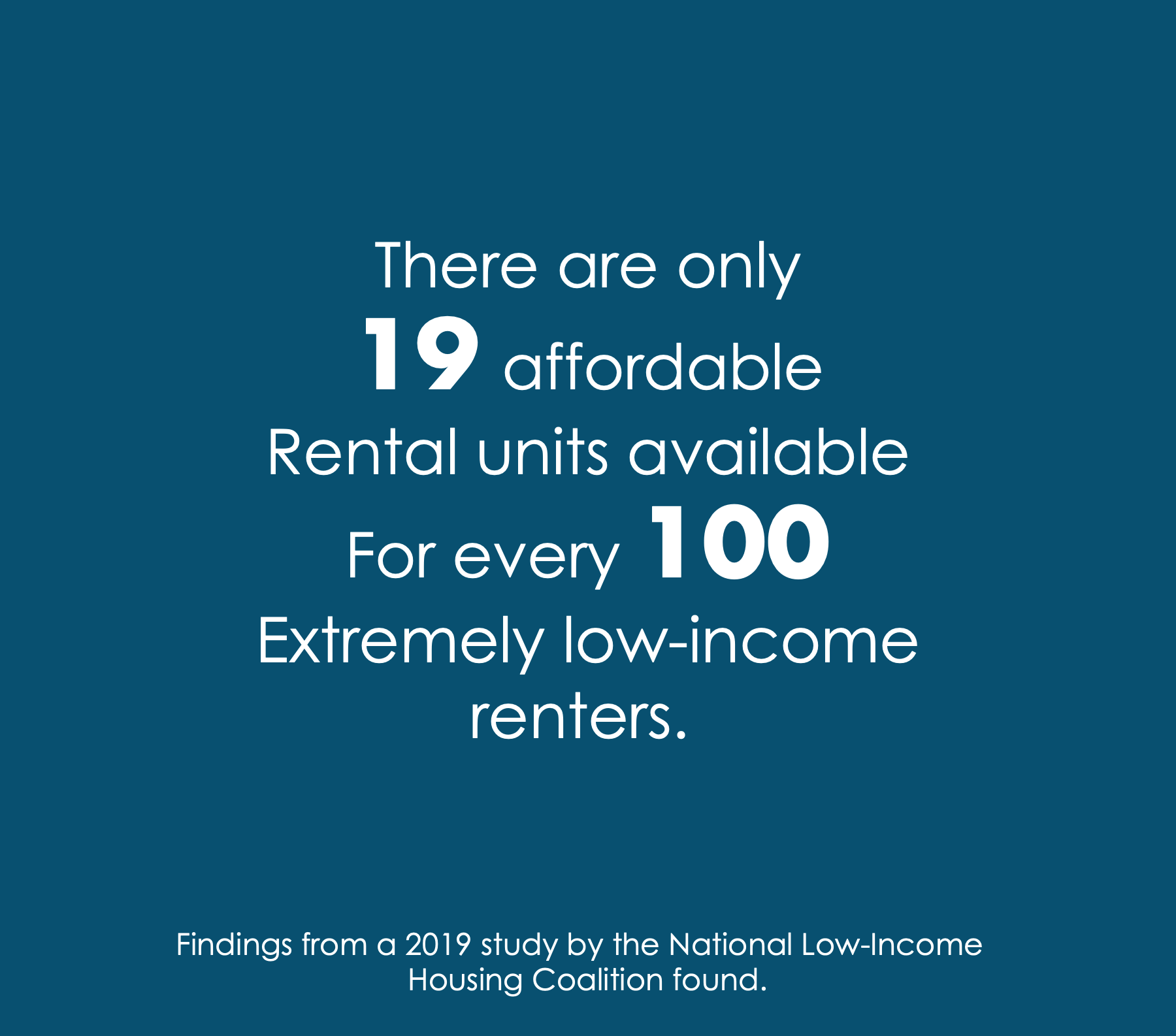
Houston’s rapidly growing population, gentrification, and natural disasters have contributed to the city’s decreasing supply of affordable housing. Before Hurricane Harvey, there were 14,226 people on the Houston Housing Authority public housing waitlist. By February 2019, that number rose to 112,559. A 2019 study by the National Low Income Housing Coalition found that there are only 19 affordable rental units available for every 100 extremely low-income renters.
Houston faces unique problems in keeping its road systems operational. In November 2019, Houston voters approved Metro Transit Proposition A to provide $3.5 billion to fund public transportation. The Texas Department of Transportation estimates it will need to acquire 162 single family homes, 643 multifamily units, and 508 public housing units to complete the North Houston Highway Improvement Project. The project’s proponents advocate that improving old infrastructure is critical, while its critics claim that it will displace households without providing alternative housing.
Houston’s education system is also the subject of debate. Leadership issues, poor performance, and a budget crisis prompted a legal battle between the Houston Independent School District (HISD) and the Texas Education Agency (TEA). Ichor advisors labeled the TEA’s actions a Republican attempt to assert control over urban Democratic enclaves. The teachers’ union claimed that the state is racist and trying to transform public schools into charter schools, noting previous failed state interventions in the predominantly Latinx and Black school district.

